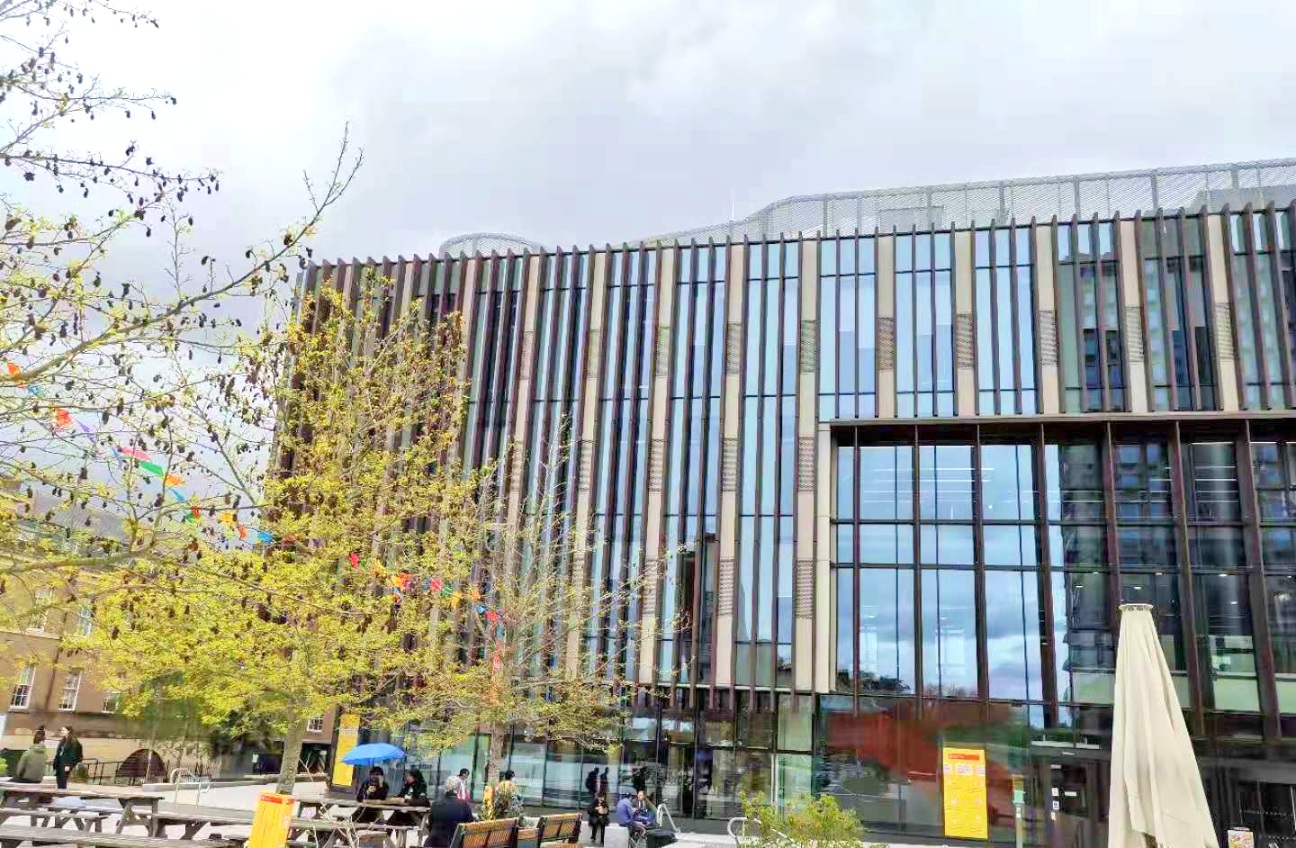Google Scholar, DBLP, and more.

Due to the safety concerns and travel restrictions caused by COVID-19, EAI ICMTEL 2022 will take place online in a live stream.
Participants will still be able to enjoy unique interactive benefits – learn more.




Participate online and join the conference
from wherever you are!
Get the same full publication and indexing, enjoy EAI’s fair evaluation and recognition, present your paper to a global audience, and experience virtual meetings live as well as
on-demand from the safety and comfort of your home.
Although we will miss having everyone meet and connect in person, we feel strongly that knowledge exchange must continue, if not more so. That is why we have equipped our online conferences with live viewing with chat, virtual Q&A, and a multitude of other measures to provide you with a great experience.
Find out what EAI conference live streams look like and discover unique benefits
that online participation brings you - learn more.
Find out more about EAI Index
Thank you to all the participants and volunteers for a great conference! See submission opportunities for the next edition here
Let the EAI Community help you build your career with collaborative research, objective evaluation, and fair recognition:
Update: Proceedings have been published in SpringerLink Digital Library.
All registered papers will be submitted for publishing by Springer and made available through SpringerLink Digital Library.
Proceedings will be submitted for inclusion in leading indexing services, such as Web of Science, Compendex, Scopus, DBLP, EU Digital Library, Google Scholar, IO-Port, MathSciNet, Inspec, and Zentralblatt MATH.
Authors of selected papers will be invited to submit an extended version to:
All accepted authors are eligible to submit an extended version in a fast track of:
Additional publication opportunities:
After the success of the three previous conferences, the 4th EAI International Conference on Multimedia Technology and Enhanced Learning (EAI ICMTEL 2022) aims to deliver a forum for scientific reports and debates in the state-of-the-art and future perspectives of multimedia technologies and enhanced learning.
Multimedia technology applies interactive computer components, such as graphics, text, video, sound, and animation, to deliver a piece of information. Conversely, enhanced learning originated from human education, and now its concept expands and plays an important role in teaching computers to learn from multimedia data. This conference will not only focus on human education-related learning but also on machine learning-related methods and technologies.
We will invite 8 IEEE Fellows, 2 ACM Fellow, 3 Fellows of Royal Society, and 6 Editors-in-Chief in the Organizing and Program committees of EAI ICMTEL 2022. We expect this conference will gather together scientists, engineers, educators, AI researchers from both industry and academia to share experiences and new ideas. We expect to meet you in Leicester, UK, in 2022.
This event is organized by EAI.
EAI – European Alliance for Innovation is a non-profit organization and a professional community established in cooperation with the European Commission to empower the global research and innovation, and to promote cooperation between European and International ICT communities.
EAI’s vision is to foster excellence in research and innovation on the principles of transparency, objectivity, equality, and openness. Our guiding principle is community cooperation to create better research, provide fair recognition of excellence and transform best ideas into commercial value proposition.
EAI‘s mission is to create an environment that rewards excellence transparently, and builds recognition objectively regardless of age, economic status or country of origin, where no membership fees or closed door committees stand in the way of your research career.
Through these shared values, EAI leads the way toward advancing the world of research and innovation, empowering individuals and institutions for the good of society to fully benefit from the digital revolution.
Full Paper Submission deadline
2 March 2022
Notification deadline
15 March 2022
Camera-ready deadline
1 April 2022
Full Paper Submission deadline
9 December 10 January 14 February 2022
Notification deadline
11 March 2022
Camera-ready deadline
1 April 2022
Full Paper Submission deadline
7 October 9 November 2021
Notification deadline
10 January 2022
Camera-ready deadline
30 March 2022
Start of Conference
15 April 2022
End of Conference
16 April 2022
2021 – Virtual conference
2020 – Virtual conference
2016 – Inner Mongolia, People’s Republic of China

